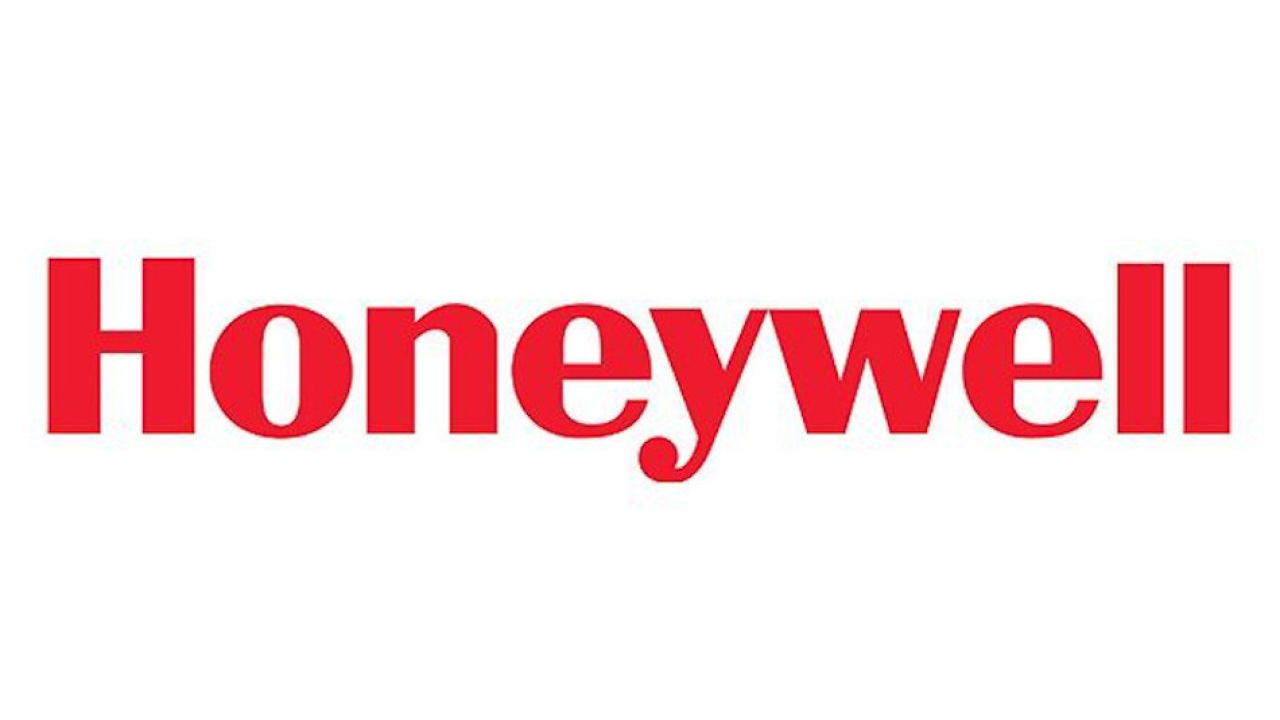Shell reports back on Qatar based gas-to-liquid jet fuel programme
The Qatar Shell Research and Technology Centre (QSRTC) has hosted a gas-to-liquid (GTL) Jet Fuel Forum to share the outcome and data of its research programme conducted by its GTL Jet Fuel Consortium.

GTL Jet Fuel is one of the main five products produced by the Qatar Petroleum - shell Pearl GTL plant in Ras Laffan, the largest GTL plant in the world.
The day-long forum addressed insights based upon three years of research and development by the research Consortium, which was funded by Qatar Science and Technology Park, and involved global industry leaders such as Qatar Airways, Airbus, Qatar Petroleum, Rolls-Royce plc, Woqod, along with Qatar Shell.
A rare research collaboration, the Consortium discussed the benefits of the new blend of jet fuel in detail, which is the first new aviation fuel to be approved for global markets in two decades. Data compiled during research on the process of making GTL Jet Fuel were shared for the first time during the Forum, as were certification protocols.
Wael Sawan, Managing Director and Chairman of Qatar Shell Companies, said, "I am extremely proud that our partnership with Qatar Petroleum on Pearl GTL resulted in a product that is considered a great innovation in the history of aviation fuel.
"I am also proud of the extraordinary ambition that has driven this research, which has set an excellent example of the power of collaboration. The pool of knowledge, ideas and research skills generated by some of the best-in-class stakeholders and the resulting product it bore will go a long way in cementing Qatar's status as GTL capital of the world," added Sawan.
At the Forum, Qatar Shell released a GTL Jet Fuel research summary, a publication exploring the technical boundaries of GTL aviation fuels that will be of interest to industry observers.
The ability of GTL-containing jet fuels to power aircraft has been known for many years; however, the detailed research programme of the Qatar GTL Aviation Fuels Consortium has helped confirm the fuel's potential.
The Consortium was put together four years ago with the express intention of looking above and beyond the capacity of GTL Fuels to fly planes. It aimed to fully quantify the impact on local air quality and fuel burning amid growing international concerns about the environment and the potential scarcity of fuels.
According to Youssif Saleh, General Manager of Qatar Shell Research and Technology Centre, this was the first multinational, global study on GTLs and has left a lasting legacy for Qatar and the wider knowledge and potential of GTL fuels.
"This research into breakthrough products has been the perfect opportunity for QSRTC to further its commitment to support Qatar on its journey to develop a knowledge-based economy, and aligns perfectly with the Qatar National Research Strategy theme of Energy and Environment," said Saleh.
"Our role is not only to create a leading research center in Qatar but to propel the research from laboratory to engine, spreading the tangible benefits of ground-breaking research so that they are felt around Qatar and around the world."
The GTL jet fuel was first approved for use in civil aviation in September 2009, followed by Qatar Airways operating the world's first commercial flight using a 50/50 GTL jet fuel blend on a flight from London to Doha. Meanwhile, in January 2013 Qatar Shell, Qatar Airways and Qatar Petroleum celebrated the first commercial introduction of GTL Jet A-1 with the inaugural fuelling of a Qatar Airways aircraft with the fuel at Doha.
PICTURED: Participants at yesterday's forum.
Stay up to date
Subscribe to the free Times Aerospace newsletter and receive the latest content every week. We'll never share your email address.

